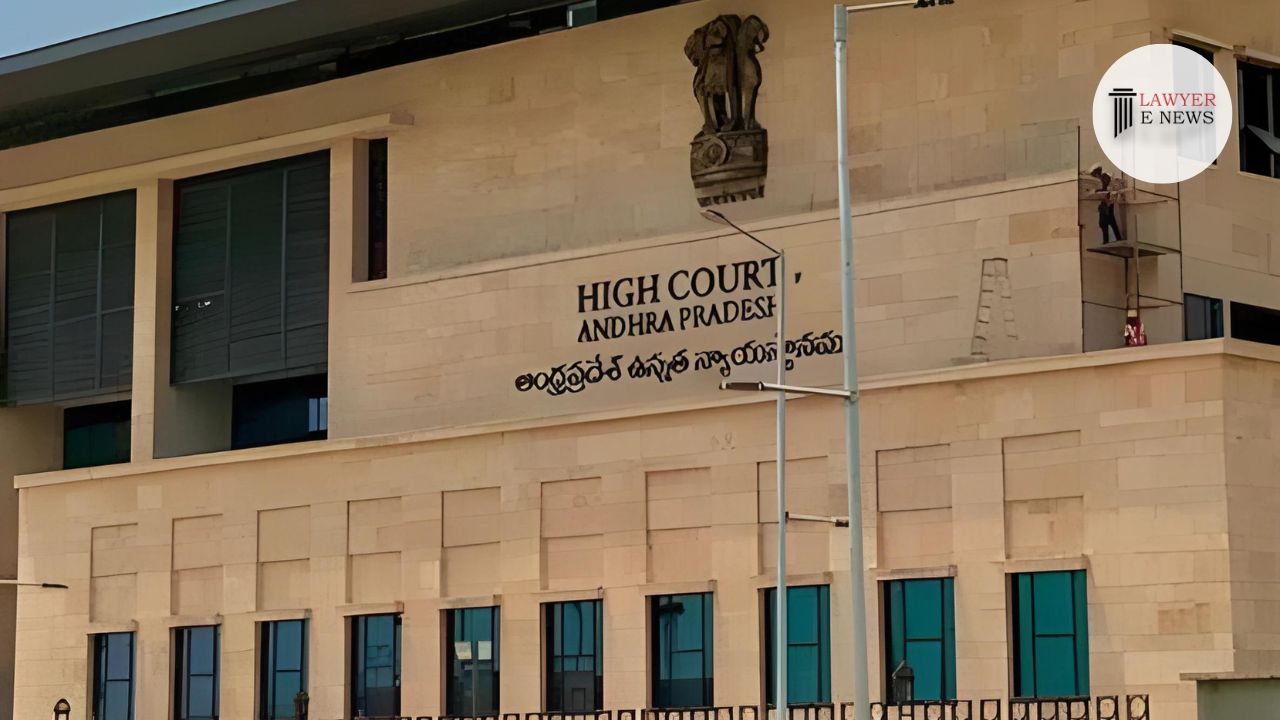-
by Admin
15 February 2026 5:35 AM



“Authorities penalized for failing to comply with High Court’s directives on the appointment of Multipurpose Health Assistants.” Introduction:The Andhra Pradesh High Court, under the bench of Justice Venkateswarlu Nimmagadda, has issued a significant judgment in a series of contempt cases against state authorities for their non-compliance with a court order regarding the appointment of Multipurpose Health Assistants (Male). The court emphasized the critical importance of adhering to judicial directives, underscoring that willful disobedience would attract punitive measures.
The contempt proceedings stemmed from the government’s failure to implement the High Court’s order dated November 28, 2022, in W.P.No.38433 of 2022. This order mandated the appointment of Multipurpose Health Assistants (Male), a directive that the authorities consistently neglected. Despite multiple instructions, the respondents delayed compliance, leading to numerous contempt petitions.
Justice Nimmagadda stressed the necessity for strict compliance with court orders, noting, “Once a direction is issued by a competent Court, it has to be obeyed and implemented without any reservation. If an order passed by a Court of Law is not complied with or is ignored, there will be an end of Rule of Law.”
The court critically examined the actions of the authorities, particularly Respondent No.4, the District Medical & Health Officer, Kakinada, who was found to have willfully disobeyed the court’s orders. Despite several reminders and proceedings, Respondent No.4 failed to implement the directives, citing administrative and procedural delays.
Justice Nimmagadda reiterated the court’s independent jurisdiction under Article 215 of the Constitution to punish for contempt, emphasizing the significance of maintaining judicial integrity and authority. “The jurisdiction of contempt is an independent jurisdiction of its original nature. This Court is competent to exercise such power to punish a person who is guilty of contempt.”
Justice Nimmagadda remarked, “Contempt jurisdiction enjoyed by the Courts is only for the purpose of upholding the majesty of the judicial system that exists. While exercising this power, the Courts must not be hyper-sensitive or swayed by emotions, but must act judicially.”
The judgment analyzed the respondents’ failure to act decisively despite clear instructions. “Respondent No.4, in utter disobedience of the order passed by this Court, consciously violated the order and did not implement it, causing serious damage to the judicial institution and judicial administration.”
The court imposed fines on Respondent Nos.1 to 3, who are high-ranking state officials, and sentenced Respondent No.4 to six months’ simple imprisonment and a fine. The sentence was suspended for six weeks to allow the respondents to appeal.
This landmark judgment by the Andhra Pradesh High Court reinforces the judiciary’s commitment to uphold the rule of law and ensure compliance with court orders. The decision serves as a stern reminder to authorities about the consequences of willful disobedience, aiming to deter future instances of contempt and protect the integrity of judicial directives.
Date of Decision: July 08, 2024
Various V/S State of Andhra Pradesh and Others
